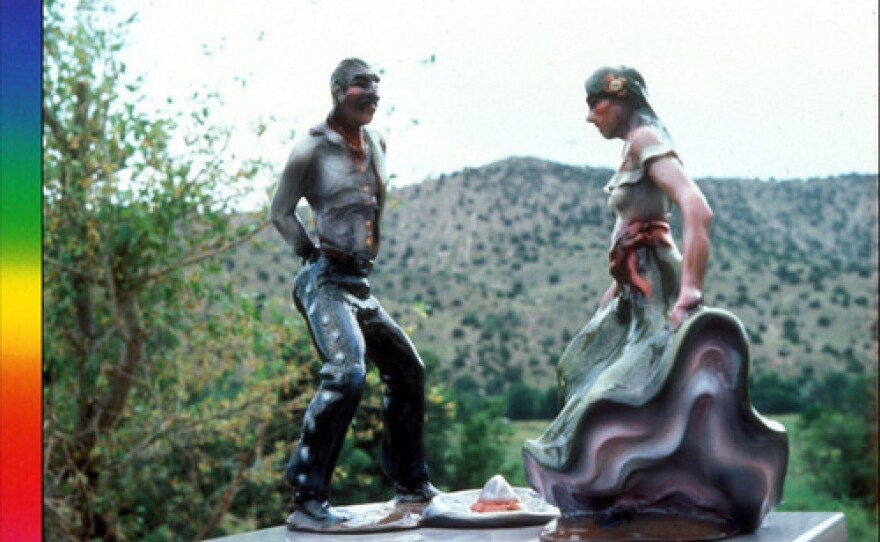Museums, curators and art students use search engines and databases to access information on art works dating back hundreds of years.
But searches on art works by communities and cultures of color are often limited by an English, Eurocentric lexicon. Searches using Spanish words as common as “piñata” may yield few or even inaccurate results on Mexican American art.
Two professors on opposite sides of the U.S. created a digital portal that aims to fill that disparity.
Constance Cortez, professor Chicano/a Art History at the University of Texas Rio Grande Valley, and Karen Mary Davalos, professor of Chicano and Latino Studies at the University of Minnesota, Twin Cities, are the creators of “Mexican American Art Since 1848 (MAAS 1848).”
The portal aggregates art and related documentation from digital collections across institutions like the Smithsonian American Art Museum, Calisphere at the University of California, and the Portal to Texas History at the University of North Texas.
Davalos explained why, as a professor, she felt a need to create the database.
“When you teach in a more marginalized topic or understudied topic like Mexican American art, it’s really hard to get students to find things,” she said. “They’re just going to give up before they actually stumble on something credible.”
Cortez emphasized the importance of having access to heritage images and artwork.
“One of the best ways of learning about culture … is through the image,” she said. “It carries a lot of information. It makes things real-er.”
The portal is just one aspect of the larger Rhizomes initiative. Rhizomes will also include a book series, K-16 curriculum, and a map that showcases institutions across the country that house Mexican American art collections.










